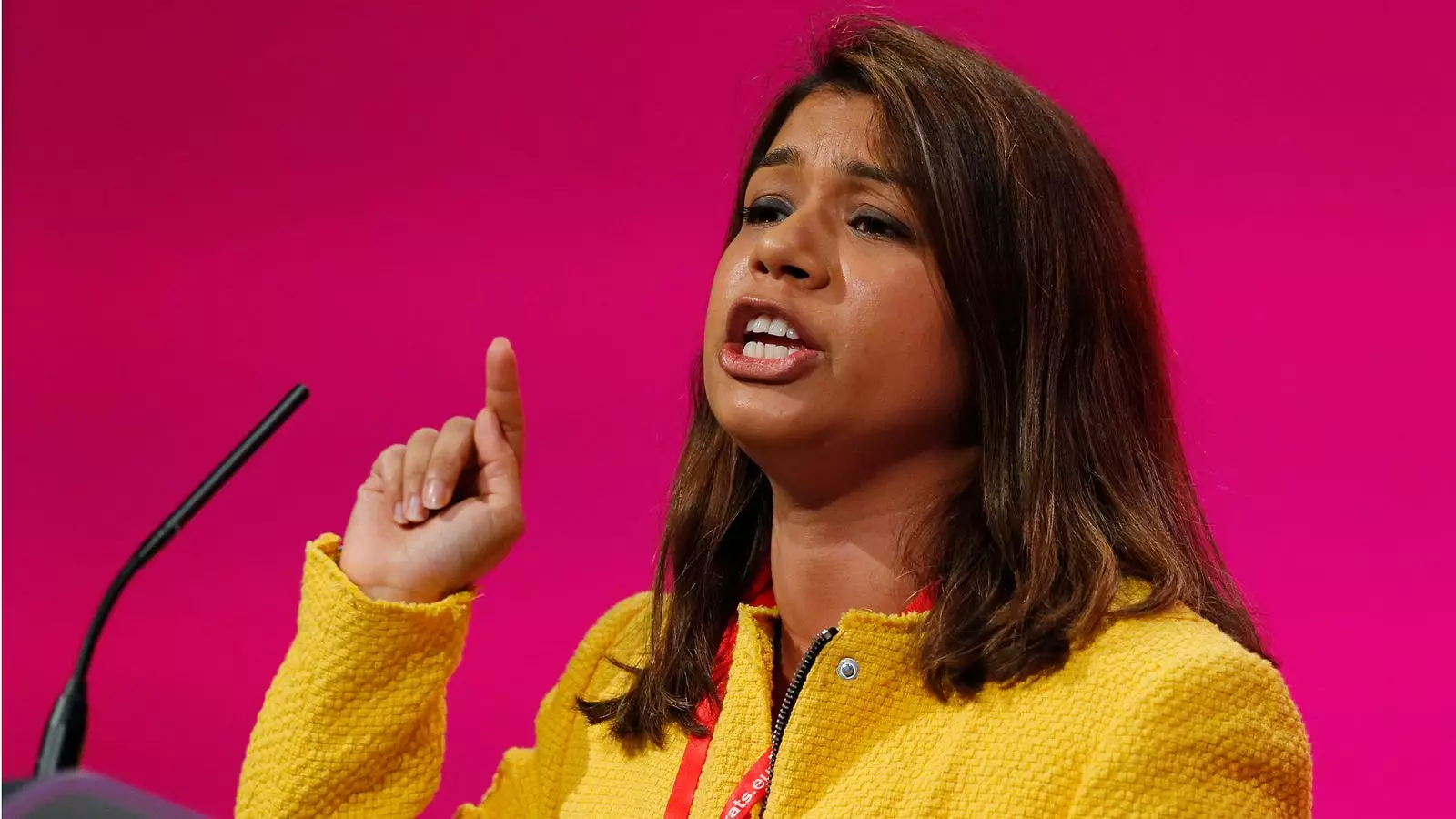The realm of politics is often clouded by scandal, and the emergence of corruption claims against Tulip Siddiq, an anti-corruption minister in the UK, adds another layer to this complex narrative. Allegations have arisen from investigators in Bangladesh asserting that Siddiq has improperly influenced land allocations for her family while serving as a Member of Parliament. The accusations have ignited significant discussions on integrity within governance, particularly in a global context where corruption is increasingly scrutinized.
According to an affidavit obtained by Sky News from the Bangladesh Anti-Corruption Commission, Siddiq is accused of exerting undue influence over land allocation in the Purbachal New Town Project, a fast-developing area near Dhaka. The document asserts that she utilized her familial ties to the former Prime Minister, Sheikh Hasina—her aunt—pressuring government officials to secure plots in her family’s names, including those of her mother, sister, and brother. The detailed accusations raise concerns about familial nepotism and the ethical ramifications of such actions in public service.
While Tulip Siddiq maintains her innocence, having not been contacted or provided with evidence regarding these claims, the gravity of the accusations lies not only in the allegations themselves but also in the political climate they emerge from. Recent events in Bangladesh, including protests leading to the resignation of Sheikh Hasina, set a backdrop of political turmoil and allegations of corruption against the Awami League, the party to which Siddiq has historical ties.
The timing of these allegations is particularly relevant. As the new government in Bangladesh seeks to distance itself from the previous administration, accusations of misconduct against prominent figures aligned with the Awami League symbolize a broader narrative of accountability and transparency in governance. Tulip Siddiq’s association with her aunt’s political career through previous blog posts, where she proudly discussed her connections to the Awami League, has further complicated her position. This documentation not only raises suspicion but also fortifies the calls for a thorough investigation into her actions.
As stakeholders analyze the ethical implications, conservative political figures like Kemi Badenoch have voiced their concerns, demanding Siddiq’s suspension from her ministerial role. The UK Anti-Corruption Coalition has echoed these sentiments, stating that Siddiq’s ties to the accused regime create a blatant conflict of interest, particularly regarding her current responsibilities related to money laundering and economic crime. This scrutiny underscores the need for ministers to navigate their political affiliations with a strong sense of accountability, especially in anti-corruption roles designed to uphold public trust.
As these allegations unfold, it becomes essential to critically assess the mechanisms of accountability within political spheres. Siddiq’s case might represent a pivotal moment not only for her career but for broader discussions on governmental integrity. Calls for her resignation or suspension signal a merging of public expectation with political action, suggesting that accusations—regardless of their validity—carry weight in the public discourse and the realm of governance.
Furthermore, these developments highlight a crucial intersection between domestic and international politics. Siddiq’s situation illustrates how allegations of corruption can ripple across borders, affecting perceptions of integrity in political leaders across various nations. The political implications of these allegations might affect diplomatic relationships, particularly between the UK and Bangladesh.
The allegations against Tulip Siddiq have raised significant questions about the standard of conduct expected from government officials, especially those tasked with eradicating corruption. The discourse surrounding her alleged misconduct not only emphasizes the importance of personal accountability but also reflects a growing demand for transparency within political institutions globally. As the situation continues to develop, it remains critical for authorities to pursue a thorough investigation, ensuring that justice is served and that the public can retain faith in its leaders.


Leave a Reply